Elden Ring is the most impactful game of 2022 — sorry, God of War Ragnarök
FromSoftware’s open-world adventure is unequivocally the game of the year
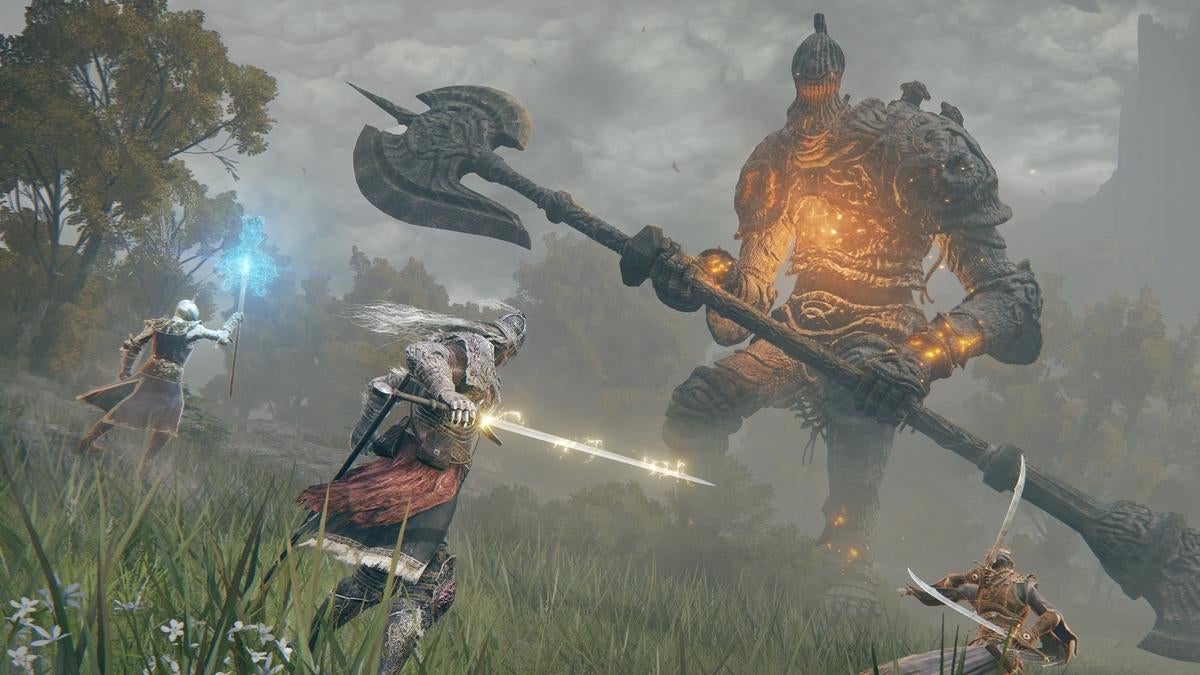
Elden Ring is the game that defines 2022. While I have not finished God of War: Ragnarök yet, this piece isn’t an attempt to assert that FromSoftware’s latest masterpiece is superior to the latest chapter in Kratos’ saga. I’m confident that I will still prefer Elden Ring, but I’m not dense enough to pretend there isn’t a chance Ragnarök could take its spot when I actually finish it. This is why I won’t be pitting them against each other based on quality.
Instead, this is an article about why Elden Ring is the “game of the year” in a different sense: it’s the most impactful title of 2022. It was the source of earth-shattering ripples throughout the industry, absorbing an alarming amount of people into its world and consuming gaming conversations for several months. Is it a perfect game? Absolutely not. In fact, there’s no game I’ve criticized more in 2022 than Elden Ring, but passion is a funny thing.
Individuals who never played these games before were possessed to dive in. It’s the most hyped game of 2022, but not in the same way Cyberpunk 2077 was hyped; Elden Ring delivered on its promises and exceeded expectations.
Elden Ring’s impact goes beyond it being a great game
When we ask someone what their “game of the year” is, it’s pretty clear we’re talking about their favorite — the one that made them feel something unlike anything else could, or something that’s just so incredibly fun they couldn’t put it down. It would be the game that gets them giddy with excitement upon reflection. Of course, there are plenty of other reasons something might be GOTY for you, but it’s usually what you loved the most.
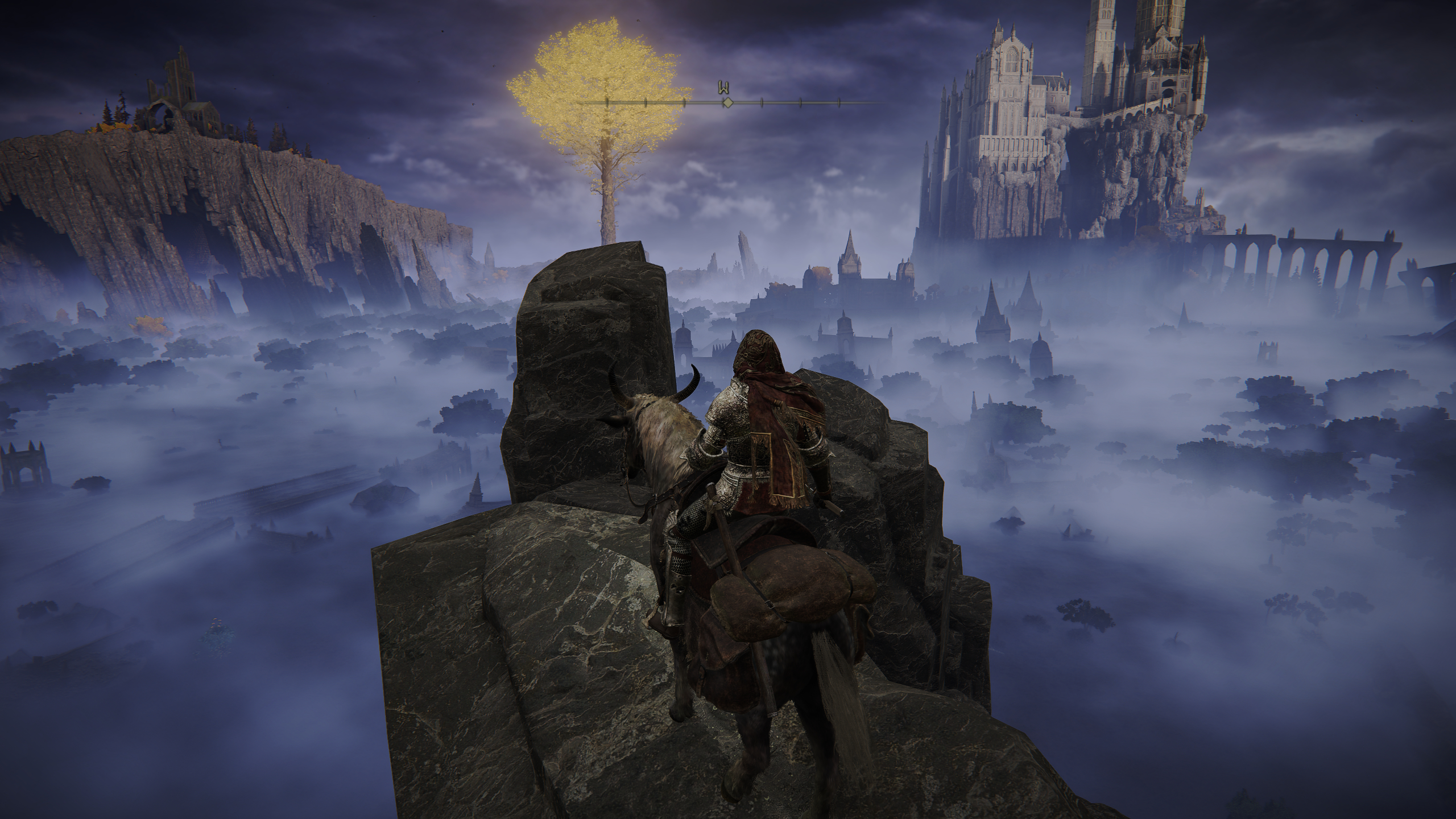
Elden Ring is definitely my favorite game of 2022, but it’s more than that. What the game accomplished outside of its own confines is unforgettable. It was as if the world had stopped and everyone was playing Elden Ring. If you were in some kind of online group, it was likely that most of them were glued to the game, and you were probably right there with them.
I saw people who had never touched a FromSoftware game before giving Elden Ring a try — folks who had seen people like me shilling for this developer’s catalog for over a decade, yet never cared enough to give the series a try. Whether it was because of the overwhelming hype or incredible review scores, people who were strangers to Soulsborne decided to jump on.
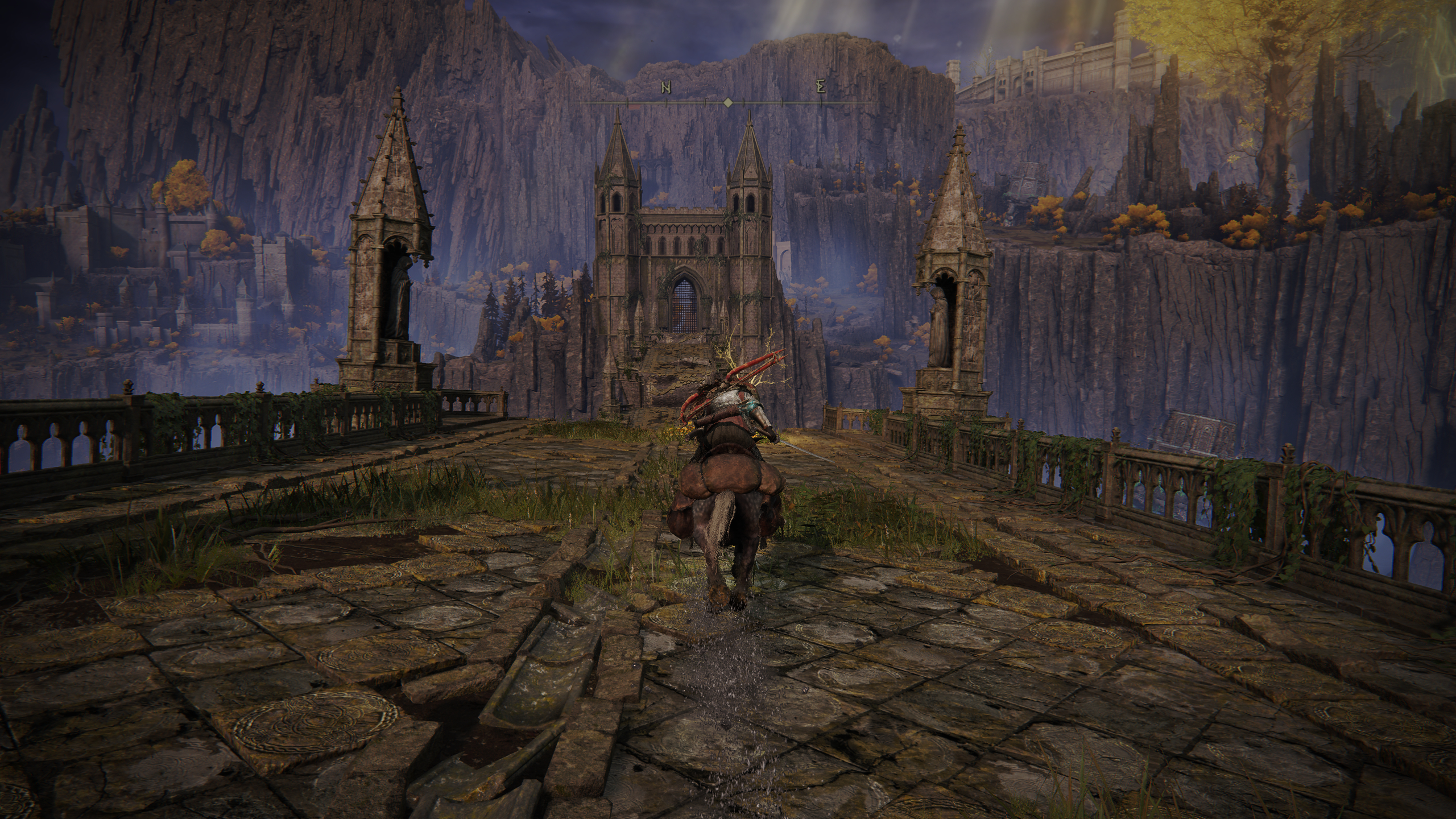
And when they did, the result was genuinely breathtaking. People could not stop talking about Elden Ring for months. I saw everyone share secrets, watch each other get slaughtered by bosses, guide one another, theorize about lore, and ask for tips. There was this sense of community following Elden Ring that I never noticed previously, even with older Soulsborne titles. It wasn’t just people playing the game, either. Folks who I knew were never interested in the franchise due to its difficulty actually managed to beat the game. I still cannot believe that.
Sign up to receive The Snapshot, a free special dispatch from Laptop Mag, in your inbox.
Is my perception biased by the community I was a part of? In some ways, yes. I’m only one person, and I can only measure what I’ve seen in the communities and social platforms I’m a part of, but most people I’ve spoken to have shared a similar sentiment about seeing the world overtaken when Elden Ring launched.
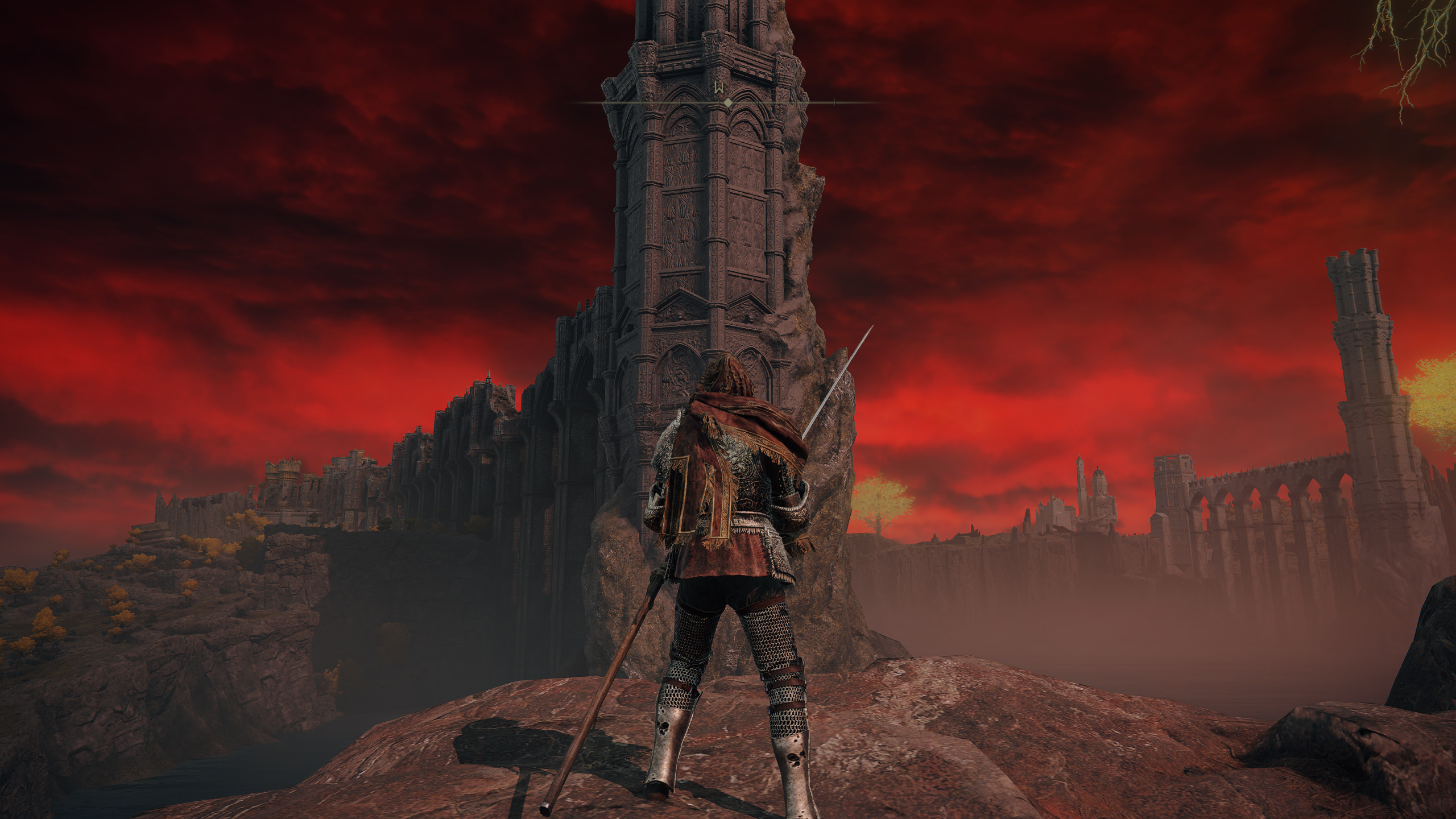
Some might fight against this claim, suggesting its incredible impact is just a coincidence detached from the game itself, meaning we shouldn’t use it as a basis to measure GOTY status. Yes, this level of community is possible due to the number of copies Elden Ring sold. After all, It’s the best-selling FromSoftware game of all time and the second best-selling game of the year, only just recently beaten by Call of Duty: Modern Warfare 2.
But it’s more than just a result of sales. This level of cooperation is ingrained within the game’s DNA, and although the cryptic nature of this franchise’s design has always been present, placing those foundations within an open-world shifted the landscape.
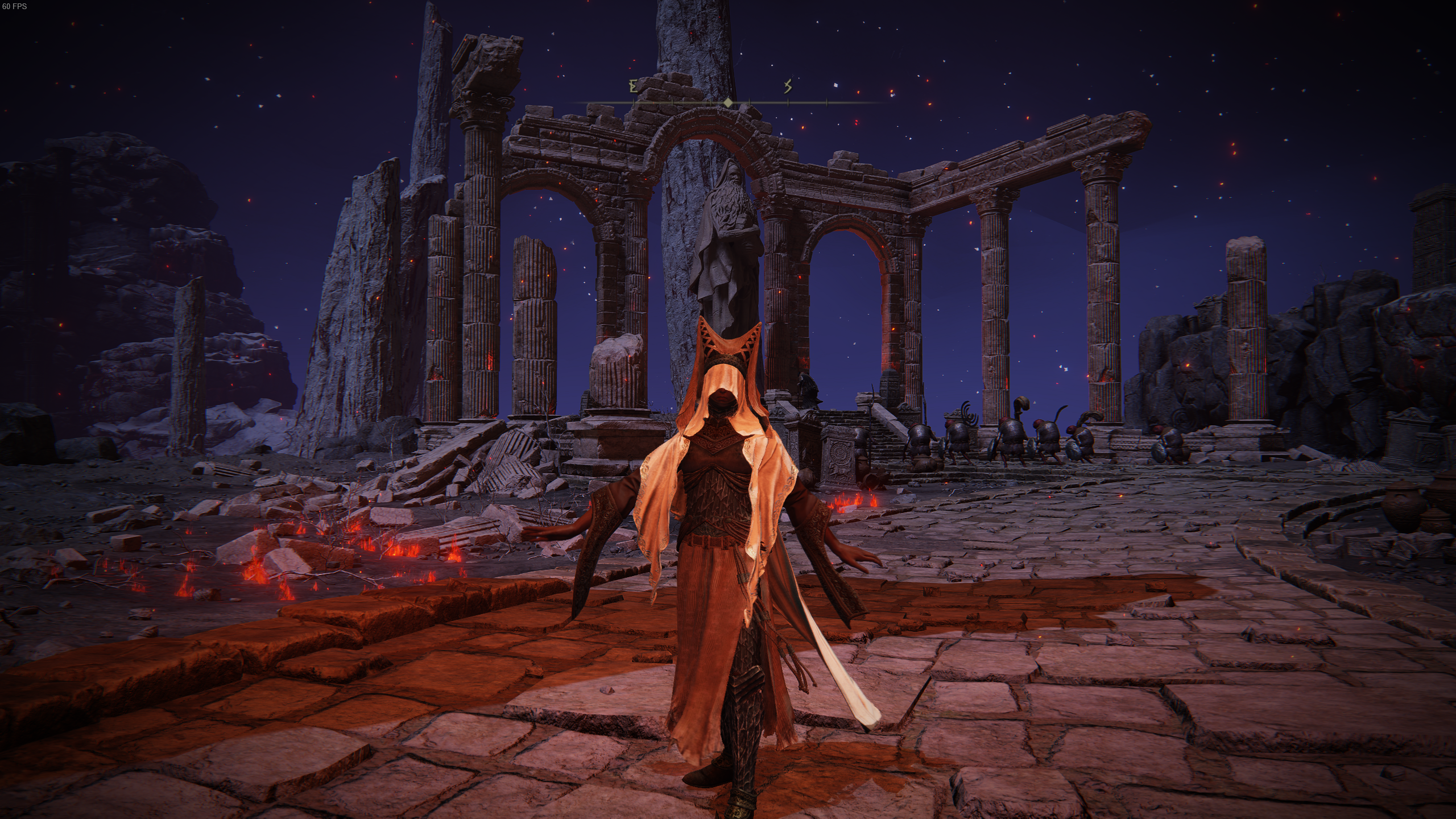
Every secret you find is a phenomenal revelation, and because the game rarely guides you from one point to another, those discoveries are worth sharing. Elden Ring tossed players into an enormous world with little idea of where to go and what to do, which allows communication outside of the game to flourish.
Bottom line
Although we can’t be sure just yet, Elden Ring’s influence will likely go beyond the period after its launch. Developers will be inspired by the game and consider how new experiences can iterate on the formula.
In the same way Breath of the Wild paved the way for games like Genshin Impact and Immortals Fenyx Rising, I imagine Elden Ring will do something similar. Perhaps more open-world games will put a focus on exploration rather than the checklist-style open-world concept popularized by Ubisoft.
It’s clear that Elden Ring proved there’s a desire for a freeform adventure of that kind. In a year of games like Horizon Forbidden West and Ghostwire: Tokyo, where the open-world rarely incites the excitement of mystery and discovery, Elden Ring stood out among a tightly packed crowd regardless of its intense difficulty.

Self-described art critic and unabashedly pretentious, Claire finds joy in impassioned ramblings about her closeness to video games. She has a bachelor’s degree in Journalism & Media Studies from Brooklyn College and five years of experience in entertainment journalism. Claire is a stalwart defender of the importance found in subjectivity and spends most days overwhelmed with excitement for the past, present and future of gaming. When she isn't writing or playing Dark Souls, she can be found eating chicken fettuccine alfredo and watching anime.
